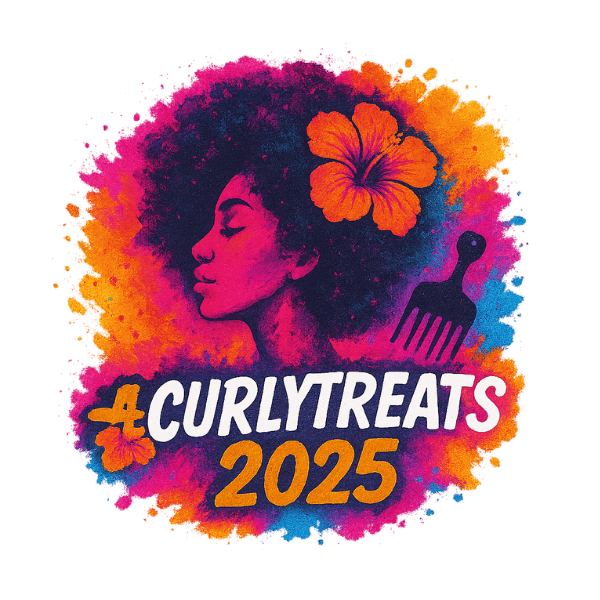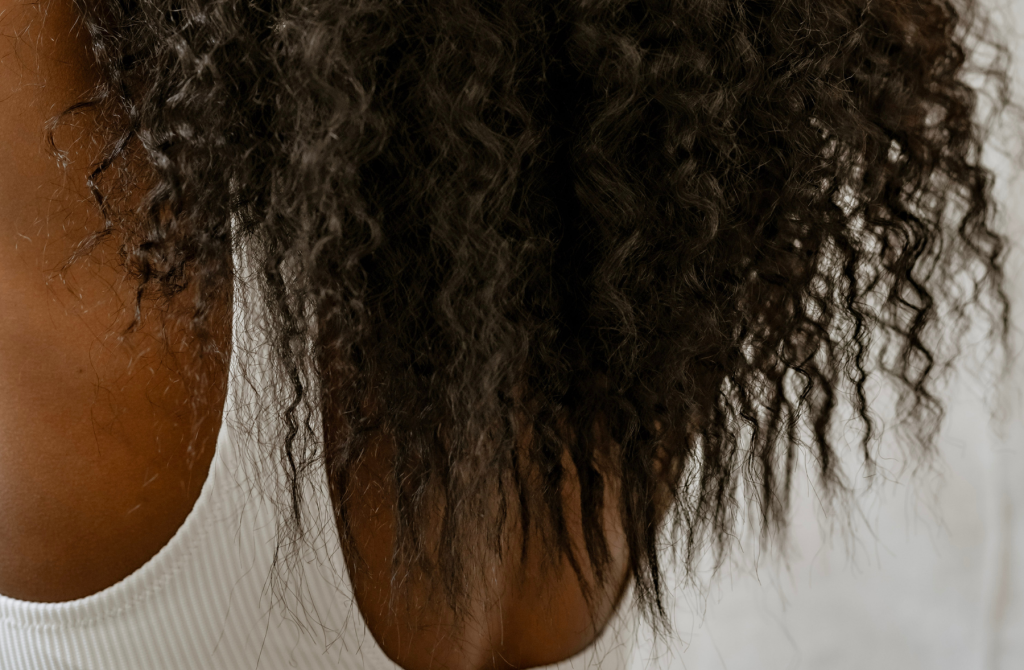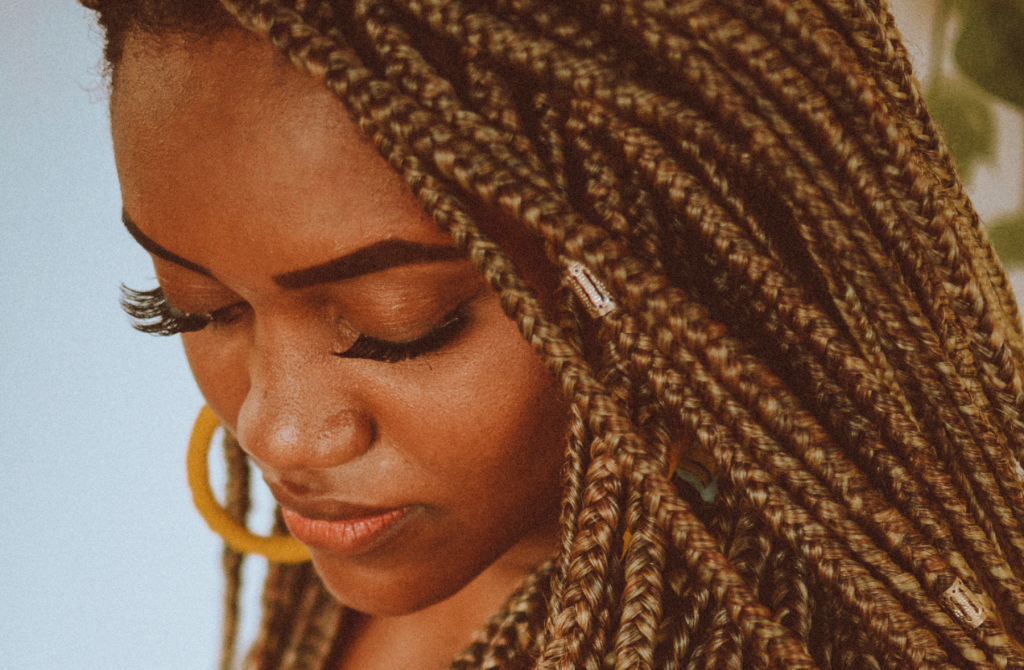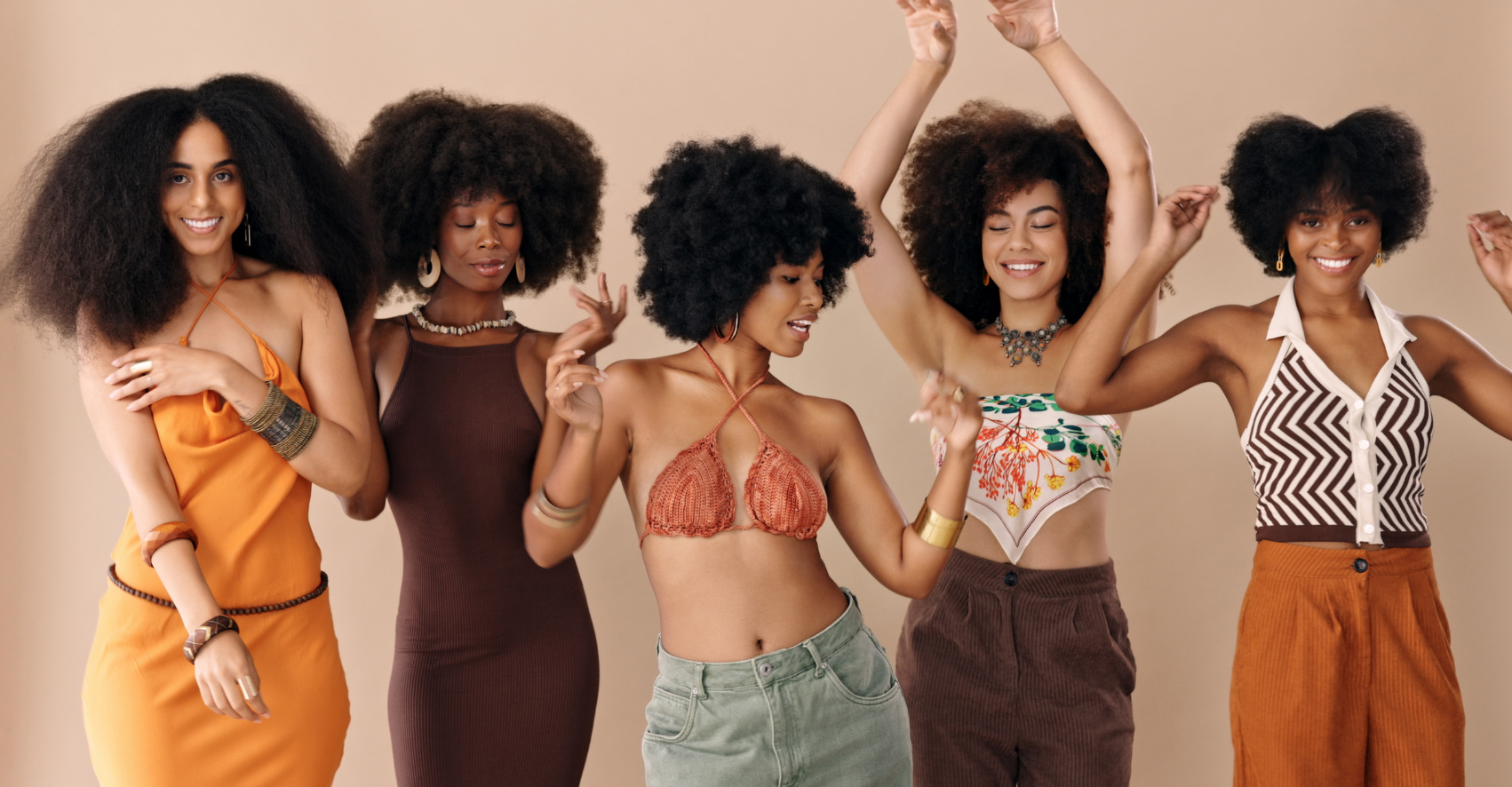If you've ever spent time looking at ingredient labels on your fave curl cream or conditioner, you've probably seen the word "silicone" pop up. But what does it really mean for your curls?
Some swear by silicones for sleek styles and smooth strands. Others ditch them completely in favour of more natural routines. Let’s unpack the facts so you can decide what works best for your hair.
What exactly are silicones in curly hair products?
Silicones are synthetic ingredients made from silicon, combined with things like oxygen, hydrogen, or carbon. They’re used in loads of hair products because they add shine, reduce frizz, and offer heat protection. But not all silicones are created equal – and that matters when it comes to curly hair.
Common silicones you’ll spot on labels:
- Dimethicone – Adds shine and gives major slip.
- Cyclomethicone – Evaporates quickly and helps with drying time.
- Amodimethicone – Selectively bonds to damaged areas (less build-up risk).
- Phenyl Trimethicone – Boosts shine and adds heat protection.
Basically, silicones coat your strands with a smooth, shiny barrier – which sounds great, but can be a mixed bag depending on your routine and curl type.
Pros and cons of silicones in curly hair
| Pros | Cons |
|---|---|
| Shiny, smooth curls – Perfect for reducing frizz and giving hair that polished look. | Build-up is real – Some silicones don’t rinse out easily, especially with sulphate-free shampoos. |
| Heat protection – Some silicones act as a barrier against heat tools. | Moisture block – That shiny coating can keep moisture out, not just in. |
| Slip for days – Makes detangling super easy. | Dulls curls over time – Too much build-up can weigh curls down and reduce definition. |
Water-soluble vs. non-water-soluble silicones
Here’s the deal: some silicones rinse out easily with water. Others cling on for dear life and need stronger shampoos to remove. This can be a big deal if you follow the Curly Girl Method or avoid sulphates.
- Water-soluble silicones: Rinse out with water or gentle shampoos. No major build-up. Examples: Dimethicone Copolyol, PEG-modified silicones.
- Non-water-soluble silicones: Stick to the hair unless removed with a clarifying or sulphate shampoo. Examples: Dimethicone, Cyclomethicone, Amodimethicone.
If you want the shine without the stress, water-soluble silicones are your safest bet.
How to use silicones without ruining your curls
Not ready to ditch silicones completely? You don’t have to. Just follow these simple steps:
- Step 1 – Know your hair: If you have low porosity hair, heavy silicones can build up fast. High porosity hair might benefit more from the protective barrier.
- Step 2 – Choose the right type: Start with water-soluble silicones if you're new or nervous. They’re easier to wash out and less likely to cause drama.
- Step 3 – Clarify regularly: Use a clarifying shampoo once every 2-3 weeks to keep your curls bouncy and fresh.
- Step 4 – Mix it up: Don’t go all in on silicones. Alternate with silicone-free products to give your curls the moisture they need.
Silicone-free alternatives to try
If you want that same shine and softness without the worry of build-up, try these curly hair faves:
- Plant oils: Coconut, jojoba, argan, and avocado oils can seal moisture and protect strands naturally.
- Natural butters: Shea and mango butter hydrate and define curls without coating them in synthetic layers.
- Aloe vera: Adds slip and shine while keeping curls moisturised and soft.
Loads of brands now offer silicone-free ranges made just for curly hair, so you’ve got options.
So... are silicones good or bad for curly hair?
Here’s the truth: silicones aren’t the villain. They just need to be used wisely. Whether you include them in your routine or avoid them is totally up to you – just listen to your curls.
Quick recap:
- Go for water-soluble silicones if you want shine without build-up.
- Use a clarifying shampoo regularly if you’re using traditional silicones.
- Keep your routine balanced with moisture-rich, silicone-free products too.
Your curls, your rules. Test what works, tweak what doesn’t, and always do what keeps your hair healthy and happy.




